Bajecni Muzi S Klikou [Magicians of the Silver Screen] [Those Wonderful Men with a Crank] (1978)
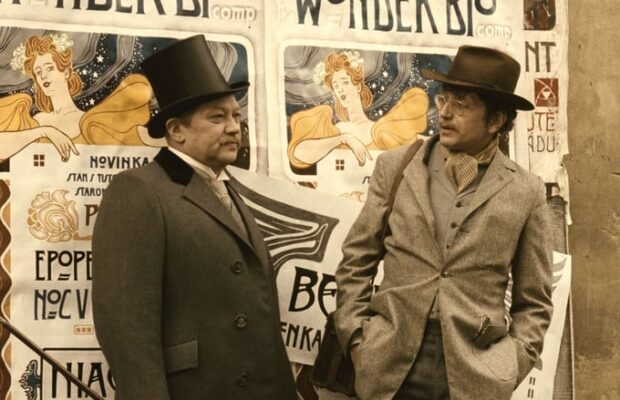
Toronto Film Society presented Bajecni Muzi S Klikou [Magicians of the Silver Screen] [Those Wonderful Men with a Crank] (1978) on Monday, June 27, 1983 in a double bill with Hearts of the West as part of the Season 36 Summer Series, Programme 2.
A Czechoslavak Film Production, Studio Barrandov, Prague. Director: Jiri Menzel. Assistant Director: Hana Hanusova. Screenplay: Oldrich Vlcek & Jiri Menzel, based on a story by Oldrich Vlcek. Dramaturge: Vera Kalabova, The Dr. Milos Broz Dramaturge Team. Cameraman Jaromir Sofr. Editor: Jiri Brozek. Production Design: Zbynek Hloch. Music: Jiri Sust, performed by the Film Symphony Orchestra. Music Director: Frantisek Belfin. Costomes: Theodor Pistek. Make-up: Vladimir Petrini & Alena Sedova. Sound Editor: Milan R. Novotyny. Advisers: Dr. Jaroslav Boucek, Dr. Zdenek Stable, Jiri Janda, Frantisek Sebesta. Collaborators: National Technical Museum, Prague. Subtitles: John Minchinton.
Cast: Rudolf Hrusinsky (Vilem Pasparte), Vlasta Fabianova (Emilie Kolarova-Mlada), Blazena Holisova (EvZenie Slavik), Vladimir Mensik (Slapeta), Jiri Menzel (Kolenaty), Hana Buresova (Aloisie), Jaromira Milova (Josephine Pasparte), Josef Kemr (Benjamin), Oldrich Vlcek (Berousek).
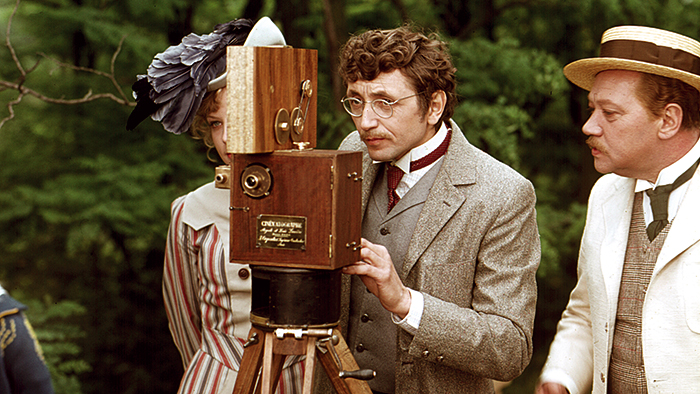
Shown at Toronto’s Festival of Festivals in September, 1979 and hardly seen since, this film has many parallels with John Power’s The Picture Show Man, an Australian film shown by TFS several years ago. Indeed, at the time, we attempted to double bill them but were unable to book the Czech film. Like the Australian film, which was also a delight, the Czech picture draws its inspiration and liveliness from the period itself. Set in 1907 it is a warm, affectionate, technically perfect salute to the beginnings of filmmaking in Prague.
Director Jiri Menzel studied the period in great detail and, according to a Variety review, February 7, 1979, “meticulously reproduces it with creative wit and gags of his own. Old Prague is lensed in its art-nouveau quaintness and charm at the turn of the century; the tone of the photography is a tinted-brown, sepia-hued copy of early photographs; the historical one-reelers are “re-enacted” rather than shown as they were; and best of all, a handful of “dream sequences” springing from the impressario’s own imagination demonstrate how movie-crazed madmen functioned with an entertainment toy still depending completely on their creative inspiration.”
In the sly opening sequence, two exhibitors are shown bargaining over titles like “American Lady Wrestlers” and “Tragedy At the Bois de Boulogne,” making the point of their reliance on foreign imports for cinematic entertainment. (Sound familiar?) Director Menzel plays a young photographer in the film (Kolenaty) who dreams of making documentary films instead of the perennial comedies. A leading Czech actor Rudolf Hrusinsky plays Vilem Pasparte, a journeyman magician, womanizer, projectionist and entrepreneur who aspires to create a truly Czech cinema to replace the endless imports. Almost incidentally, he and his daughter become involved with the owlish Kolenaty, the would-be founder of the nonexistent Czech cinema.
Raising cash is always a problem but not for Pasparte, whose landlady is not only a rich widow but the present love of his life, hence his source of funding. He applies for a licence to open a permanent cinema house, then an unheard-of thing, and proceeds with voluble charm and flattery to entice a great stage actress, Emilie Kolarova-Mlada (Vlasta Fabianova) to enact one of her classical roles for Kolenaty’s camera. However, after the film is shot, the actress destroys the negative in a rush of revulsion for the vulgar cinema. Despite several vicissitudes all ends well when the actress, who has heard of the great Sarah Bernhardt’s venture into cinema (and not wanting to be outdone) proposes a project she will both finance and star in.
Magicians of the Silver Screen is a loving and affectionate valentine to the trail-blazers of the Czech film industry, with endearing performances by the entire cast.
Source material: Monthly Film Bulletin, November 1979.
Notes by Barry Chapman

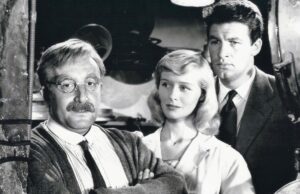
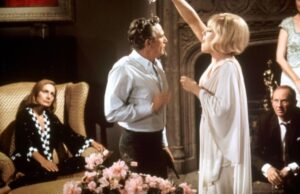
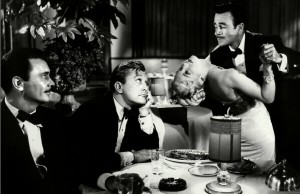






Leave a Reply